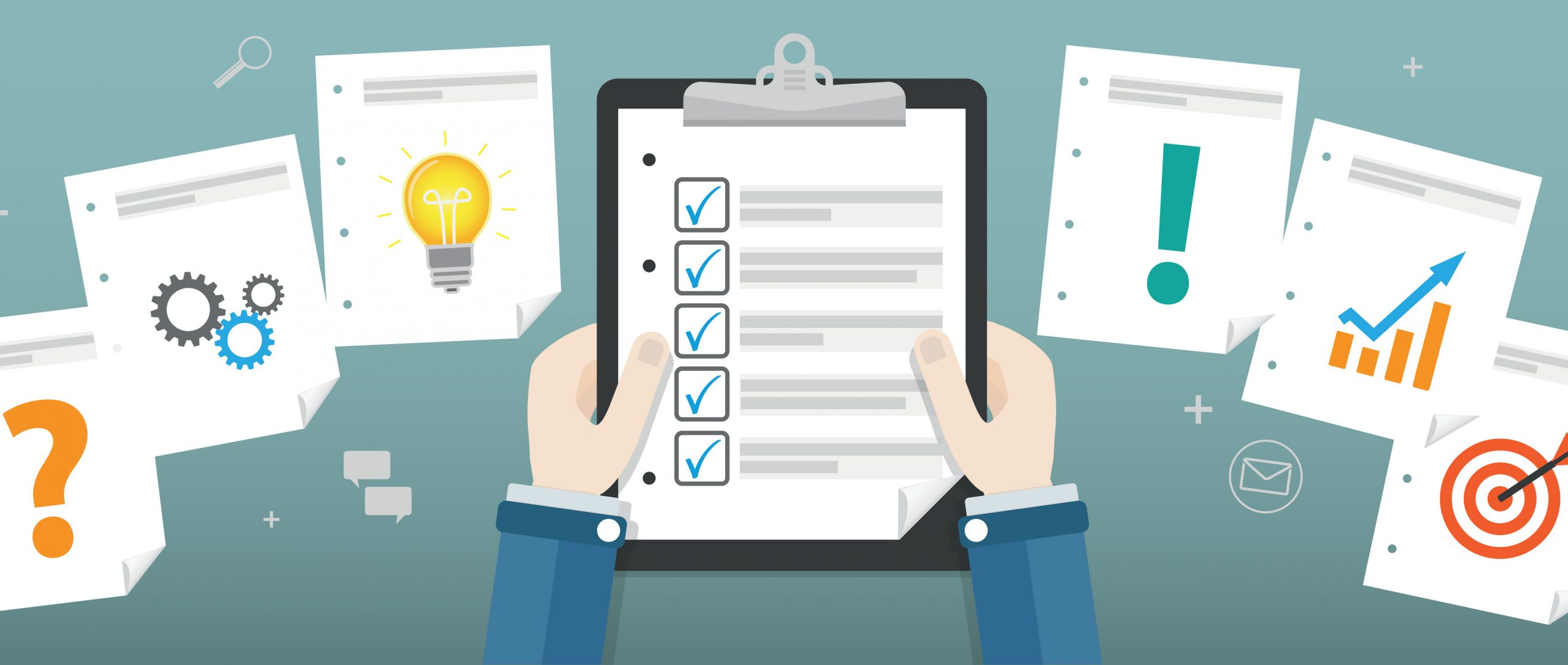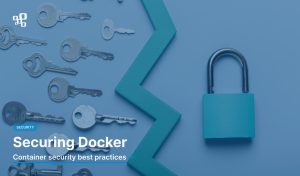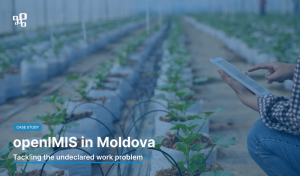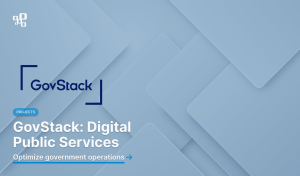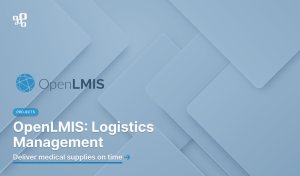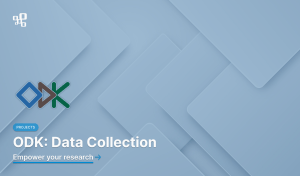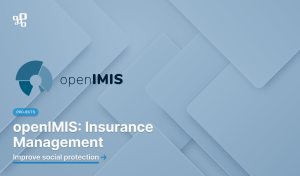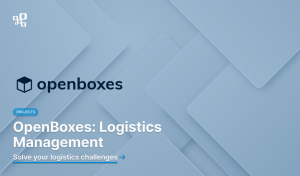Since our beginnings over 10 years ago, at SolDevelo we have always worked with experienced and skilled employees, known for their technical and professional qualifications. Thanks to them, we can support our business partners at any phase of their software development project, from the concept through implementation to the up-and-running solution, and maintenance.
As all IT companies, we have often faced complex projects coming with a set of challenges and obstacles. However, problem-solving mindset is at the core of all our actions and we have mastered that important skill quite well. The process of identifying a problematic issue, developing possible solution paths, and taking the appropriate course of action – that’s what we believe in. And, to be quite frank, being an agile team is of substantial importance here as well. Undoubtedly, working in “an agile way” is significantly different from following a traditional methodology.
Working Agile
Adopting the Agile approach for our projects means bringing people, processes, and technology together – all of this to find the most effective ways of carrying out a particular task. At SolDevelo, we understand that a real Agile team isn’t just any random group of developers who meet every other week only to do sprint planning. What it really means is a cross-functional group of people who have and do everything that is needed to produce a tested, implemented, and working product.
We know that working in an Agile method helps our employees become innovative and more productive. That’s why we choose the Agile approach as the basis at all the stages of the product development process. Thanks to it, we focus on regular delivery of technically excellent products to our customers. Such an approach also greatly helped us to conduct 3 effective software implementations in 6 weeks – all of them connected to the EBODAC project run together with Grameen Foundation.
Facing the challenge
Cooperation with Grameen Foundation was surely one of the most demanding projects we have led so far. And no wonder because the stakes were high. EBODAC (Ebola Vaccine Deployment, Acceptance and Compliance) is an open-source project created for Clinical Trials, built on the MOTECH platform. It has been deployed for an Ebola vaccine trial to run in Sierra Leone.
Mobile Technology for Community Health (MOTECH) is an open source enterprise software package designed by the Grameen Foundation. Its aim is connecting popular mHealth technologies and strengthening healthcare systems by streamlining patient data collection and improving patient engagement. It connects frontline worker systems such as CommCareHQ, eHealth systems such as OpenMRS and DHIS2, and communication systems such as IVR, SMS, and email to improve healthcare delivery.
In EBODAC, the MOTECH mobile phone technology was used to maintain contact with trial participants. A voice message would be sent three times, followed by an SMS message if it had not been possible to contact the participant. The main aim is to help the right person receive the right vaccine at the right – in other words, to be better prepared and respond to the potential next Ebola outbreak. Apart from supporting clinical trials of Ebola vaccines in Sierra Leone, the project is simultaneously preparing for the future deployment of a licensed vaccine through a series of linked projects focused on communications, community engagement, and enabling technologies.
Our responsibility was to implement a web application service that involved extensive usage of Interactive Voice Response (IVR) systems and notifications via SMS – all of this to reach clinical trial participants in a timely manner. The EBODAC project also enables patient tracking solutions, together with clinical visits attendance and vaccination coverage.
The EBODAC project was a specific implementation of the e-health MOTECH platform, allowing for information collection, scheduling, and tracking of randomized clinical vaccine trials. By using MOTECH capabilities, EBODAC was able to interconnect with various related platforms, such as IVR, EDC (Electronic Data Capture) system through FTPS (File Transfer Protocol Secure), and biometric recognition system through REST API.
Succeeding under a looming deadline
To be honest, the heads-up for the start of the implementations for 3 African countries came pretty late – it amounted to days rather than months. As a result, our project teams had to work at an ever faster-pace whilst maintaining accuracy and quality of work. In such a case it was crucial to focus on collaboration and smooth communication. Besides, when you are working under time constrained conditions, you have to be able to accurately estimate the efforts required for each work item.
As always, the challenge with data projects was to make sure to compile a comprehensive list of data scenarios, evaluate data integrity throughout their life cycles, and make maintenance as easy as possible. In order to assess the success of the program, we used a number of metrics. The reports greatly affected and improved fact-based decision making about the strategies applied in the project.
Technologies used for all 3 of our implementations were the same: Java, Maven, DataNucleus, Spring (backend) and JavaScript, Angular, jQuery, bootstrap (frontend). The first implementation was a fork of the EBODAC system, the next ones were based on the ones that came before – generally with a few alterations, such as e.g. changing field names in some entities and reports as well as changes in the types of visits and messages sent. Generally, the features that were not needed, were removed in new implementations.
A very important part of Agile is to take time to hold a retrospective to understand what’s working and what is not working – and then, basing on your observations, making changes to improve. So, at the end of every sprint, it’s critical that you bring the team together to discuss the path moving forward. That was the case with performance issues in all those 3 implementations. Our team observed the problem with exporting reports – it was simply taking too much time. The code had to be rewritten to avoid this problem. Now the file is sent in fragments, which speeds up its download and the user does not have to wait for the export to finish to download the file.
Seeing the effects
The EBODAC project turned out to be quite promising in terms of employing the use of Information and Communication Technologies (ICTs) in clinical trials. It has surely impacted the quality and efficiency of health service delivery in resource-limited settings. The ability to track patients in order to make sure timely care and prime-boost vaccinations are provided has allowed high quality data generation, which was crucial for the success of the whole undertaking. If developed further and effectively scaled-up, ICTs can meaningfully impact the management and control of future Ebola outbreaks.
Learning the lesson
At SolDevelo we have to admit that conducting 6 serious implementations in 3 weeks was demanding – even for our experts who make use of diverse technologies and solutions on a daily basis, while creating the most advanced, state-of-the-art products. However, we are not afraid of engaging in the most demanding professional adventures as we simply believe in our ability to complete every project. Our customers highly appreciate our efforts and – not to brag or anything – they often admit that the final products we present them with exceed the expected results. As Emily Tucker, Director and Product Management at Grameen Foundation, said: “SolDevelo provides tireless, effective, full-service development and is one of the best groups I’ve worked with.” It is always a great pleasure to hear such words from a satisfied client, isn’t it?
